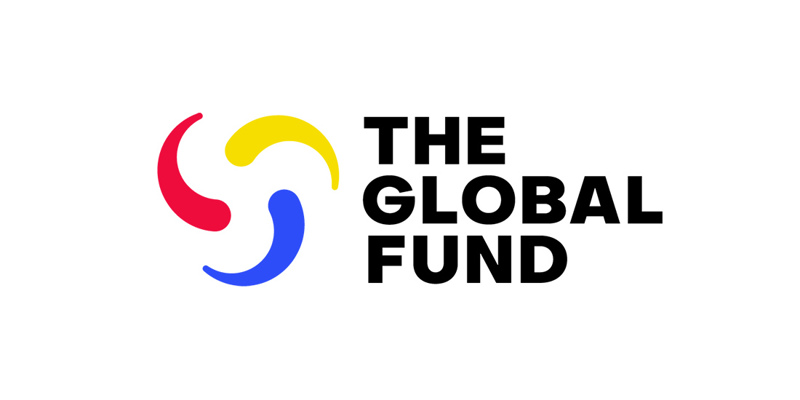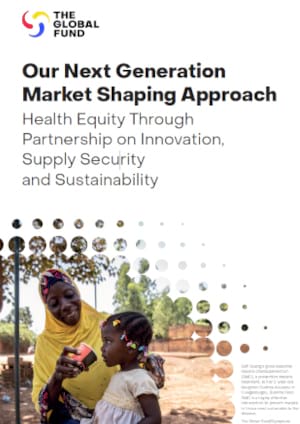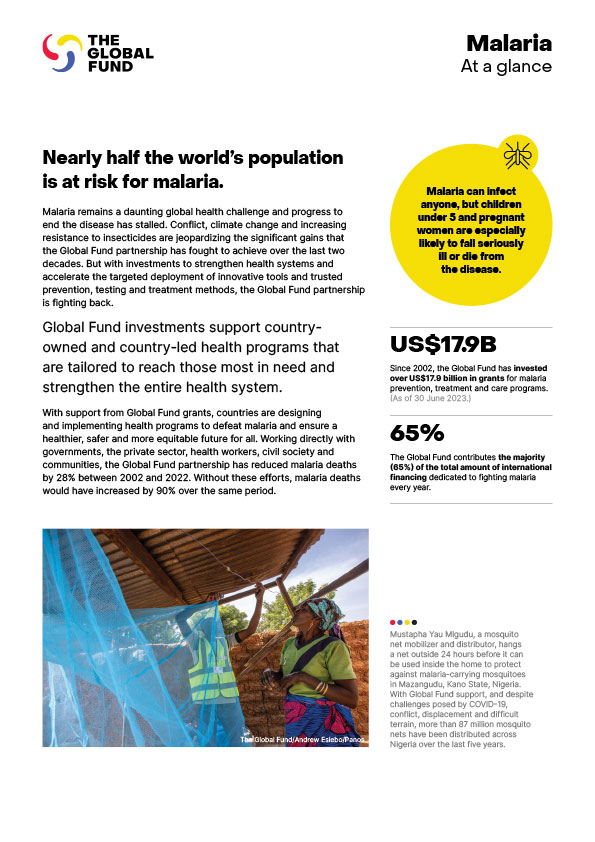Global Fund Backs Plan to End AIDS by 2030
01 December 2014
GENEVA – On World AIDS Day, the Global Fund to Fight AIDS, Tuberculosis and Malaria declared its strong support for a new roadmap developed by UNAIDS, Fast Track: Ending the AIDS Epidemic by 2030. UNAIDS argues that the pace of responding to HIV in the next five years will be fundamental to ending the epidemic.
“Countries will need to use the powerful tools available, hold one another accountable for results and make sure that no one is left behind,” Fast Track states. A speedier end to the epidemic demands a smart and aggressive approach combining biomedical, behavioral and structural interventions.
Rapidly increased HIV testing, prevention and treatment and eliminating stigma and discrimination are key parts of the solution. With clear mileposts to measure acceleration, Fast Track strives to have 90 percent of people living with HIV knowing their HIV status, 90 percent of people who know their status receiving treatment and 90 percent of people on HIV treatment having a suppressed viral load by the year 2020.
The plan, referred to as 90-90-90, should be boosted to 95-95-95 by the year 2030. These indicators, coupled with zero discrimination, can reduce new adult HIV infections in low and middle income countries from 2.1 million in 2010 to nearly 200,000 in 2030. That would lower the epidemic so significantly to a level where it is no longer a global threat.
Fast Track portrays a sharp contrast between an accelerated path to ending the HIV epidemic and the current course, where steady progress is not moving fast enough. One indispensable shift is to heighten inclusivity so that people at higher risk of acquiring HIV are not left behind. Increased access to biomedical prevention tools such as medical male circumcision, pre-exposure antiretroviral prophylaxis and strengthening of health systems are also cited.
To end the epidemic, Fast Track also calls for paying special attention to 30 countries that account for 89 percent of all new infections. In those places, promoting proper use of condoms, as well as messages that encourage sexual risk reduction and support for girls and women, are particularly important.
The path to a fast-tracked end of HIV will only be possible if more resources are mobilized for the roadmap. To reach the 2020 goals, Fast Track projects a need for at least US$35 billion in investments in low-income, lower-middle-income and upper-middle-income countries.
To galvanize resources, Fast Track calls for renewed commitment and innovative financing. Lower and middle-income countries will need to increase their domestic investments in HIV. It also calls on upper-middle-income countries to take immediate steps to transition to self-financing of the response, and for high-income countries to contribute as well. Above all, investment must be strategic and prioritized.
The Global Fund – one of the major financing mechanisms in the response to HIV – began implementation of a new funding model this year that is designed to invest more in countries where the greatest impact can be achieved, stressing lower-income and higher burden of disease.
The Global Fund is a 21st-century partnership designed to accelerate the end of HIV, TB and malaria as epidemics, and UNAIDS is a key technical partner. Together, UNAIDS and the Global Fund collaborate in numerous ways, and work with governments, civil society, the private sector and people affected by the diseases, to support programs run by local experts all over the world.
The Fast Track route to defeating HIV is a priority of the Global Fund partnership. The Global Fund fully supports its message of the dramatic gains in lives saved and global economic returns that can be achieved. It also appreciates its urgency as well as its cautionary note of how the AIDS epidemic will continue to grow, with a heavy human and financial toll, if the response does not move more quickly.







